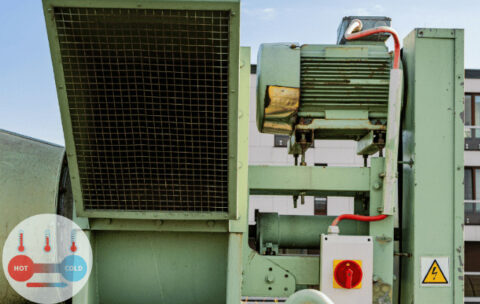Renewable Energy Systems: Integration and Grid Connection
The course on Renewable Energy Systems: Integration and Grid Connection …
What you'll learn
Electronics and Circuit Design: Fundamentals and Applications
The course on Electronics and Circuit Design: Fundamentals and Applications …
What you'll learn
Power Systems Engineering: Analysis and Design
The course on Power Systems Engineering: Analysis and Design provides …
What you'll learn
Renewable Energy Technologies in Mechanical Engineering
The course on Renewable Energy Technologies in Mechanical Engineering provides …
What you'll learn
Robotics and Automation in Mechanical Engineering
The course on Robotics and Automation in Mechanical Engineering provides …
What you'll learn
Advanced Thermodynamics and Heat Transfer in Mechanical Engineering
The course on Advanced Thermodynamics and Heat Transfer in Mechanical …
What you'll learn
Construction Project Management: Principles and Applications
The course on Construction Project Management: Principles and Applications is …
What you'll learn
Geotechnical Engineering: Foundations and Soil Mechanics
This course offers a comprehensive exploration of geotechnical engineering, focusing …









